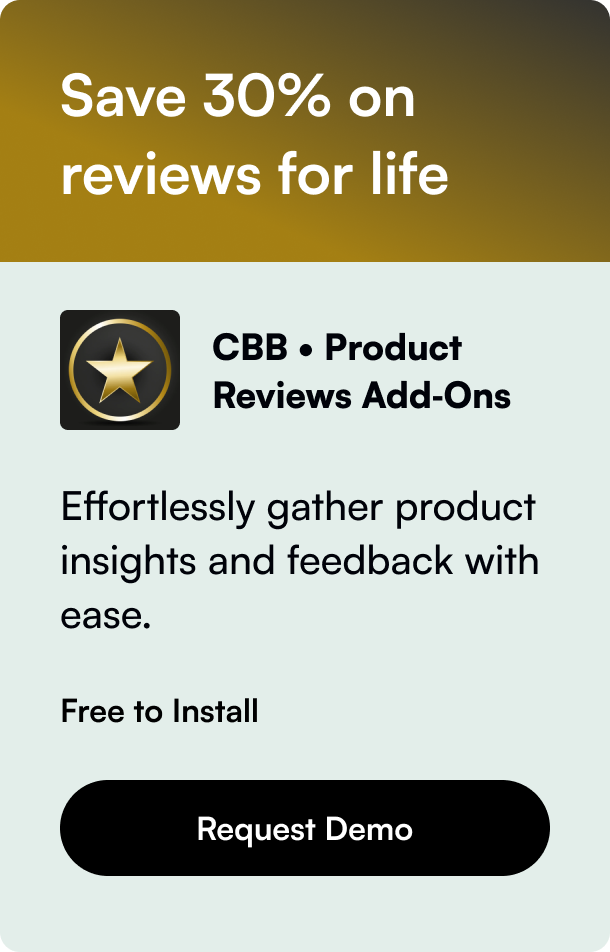Table of Contents
- Introduction
- Kinsta: A Deep Dive into Features and Performance
- Shopify: A Powerful and User-Friendly Ecommerce Giant
- Conclusion: Choosing the Right Platform for Your E-commerce Store
Introduction
Are you torn between using Kinsta or Shopify for your online store? The choice of a hosting platform can make or break your e-commerce business. Both platforms have their unique strengths and cater to different needs. In this post, we'll dive into an in-depth comparison of Kinsta and Shopify to help you make an informed decision. Whether you're looking for cutting-edge performance, scalability, or a user-friendly experience, we've got you covered. Get ready to explore which platform could be the ideal match for your online store needs.
Kinsta: A Deep Dive into Features and Performance
When considering Kinsta as your e-commerce solution, the first thing to note is its foundation on the Google Cloud Platform. What it translates to is a robust infrastructure capable of managing large surges in website traffic—a crucial feature for stores with fluctuating sales volumes like those that peak during holiday seasons or flash sales.
Performance
Kinsta prides itself on its high-speed performance metrics. With a globally distributed set of data centers, this platform assures that potential latencies are minimized, and the website's loading speed is on par with the best in the industry. Additionally, Kinsta implements server-level caching and offers a Content Delivery Network (CDN) service, ensuring that content is rapidly served to users regardless of their geographical location.
Security
In terms of security, Kinsta provides daily backups and employs a robust firewall combined with active and passive security protocols. Recognizing the importance of website security in the e-commerce landscape, this ensures the safety of sensitive customer data.
Scalability
Kinsta can dynamically adjust to the increasing demands of a growing online business. With its auto-scaling capabilities, your website is equipped to handle traffic spikes without compromising performance. This is particularly vital during product launches or marketing campaigns when website reliability is of the essence.
User Experience
Kinsta’s dashboard is intuitive and provides a wealth of tools and insight into your website’s performance. While technically sophisticated, it remains user-friendly for e-commerce store owners with varying levels of technical expertise.
Shopify: A Powerful and User-Friendly Ecommerce Giant
Shopify is synonymous with e-commerce, and for a good reason. It's designed to cater to the needs of online stores, no matter the size. From a sole proprietorship to large-scale enterprises, Shopify can accommodate any business's changing needs.
All-in-One Solution
Shopify's biggest draw is providing a comprehensive, all-in-one solution. You don't need to worry about purchasing separate hosting or implementing a CDN—it's all included. Furthermore, Shopify offers numerous sales channels such as Facebook, Instagram, Amazon, etc., which can be easily integrated with your online store.
Extensive App Marketplace
Shopify boasts an enviable App Store, with countless plugins and integrations available. This allows for incredible flexibility in terms of adding features or optimizing your store's functionality. While some apps are free, others are paid—so it's essential to factor this into your budgeting.
E-commerce Focused
From excellent product management to integrated payment solutions, Shopify’s offerings are tuned finely for e-commerce. Robust tools for inventory management and a seamless checkout experience directly address every store owner's needs.
Ease of Use
Shopify is designed to be accessible, providing a straightforward and clean experience for backend users. You can manage your store with ease without the need for a developer, which is ideal for newcomers to e-commerce or those looking to streamline operations.
Conclusion: Choosing the Right Platform for Your E-commerce Store
The choice between Kinsta and Shopify comes down to your specific business needs and objectives. If you're looking for exceptional performance, and consider yourself relatively "tech-savvy," Kinsta offers a highly customizable experience backed by Google’s robust infrastructure. On the other hand, if you prioritize convenience, seamless integration of numerous sales channels, and an extensive marketplace for apps, Shopify stands out as your go-to e-commerce platform.
Both Kinsta and Shopify excel in their respective areas, but the tipping point might lie in your preference either for an all-in−one package or a hands−on approach where you manage and scale operations with fine granularity. Evaluate your business model, your technical competence, and your vision for your online store's future as you decide between these two powerhouses.
Frequently Asked Questions
Q: Is Shopify only suitable for beginners? A: No, Shopify caters to a wide range of users from beginners to large enterprises. Its rich set of features and scalability options make it suitable for businesses of all sizes.
Q: Can Kinsta handle high-volume e-commerce sites effectively? A: Absolutely, Kinsta's infrastructure is designed for scalability and can handle high-volume e-commerce sites with ease.
Q: Are apps on Shopify's App Store free? A: Shopify's App Store has both free and paid apps. It is essential to review each app's cost and value to your business operations before adding them to your store.
Q: Does Kinsta offer technical support for e-commerce platforms like WooCommerce? A: Kinsta offers technical support for WordPress-related queries, and since WooCommerce is a WordPress plugin, support includes e-commerce related concerns.
Q: Which platform is better for multi-channel selling? A: Shopify is inherently equipped for multi-channel selling with native integrations for various social and online marketplaces.
As an e-commerce store owner, it's critical to weigh these factors as you select a platform that not only meets your current needs but can pivot swiftly with your business’s growth trajectory. Remember, a well-informed choice sets the foundation for your e-commerce success.








